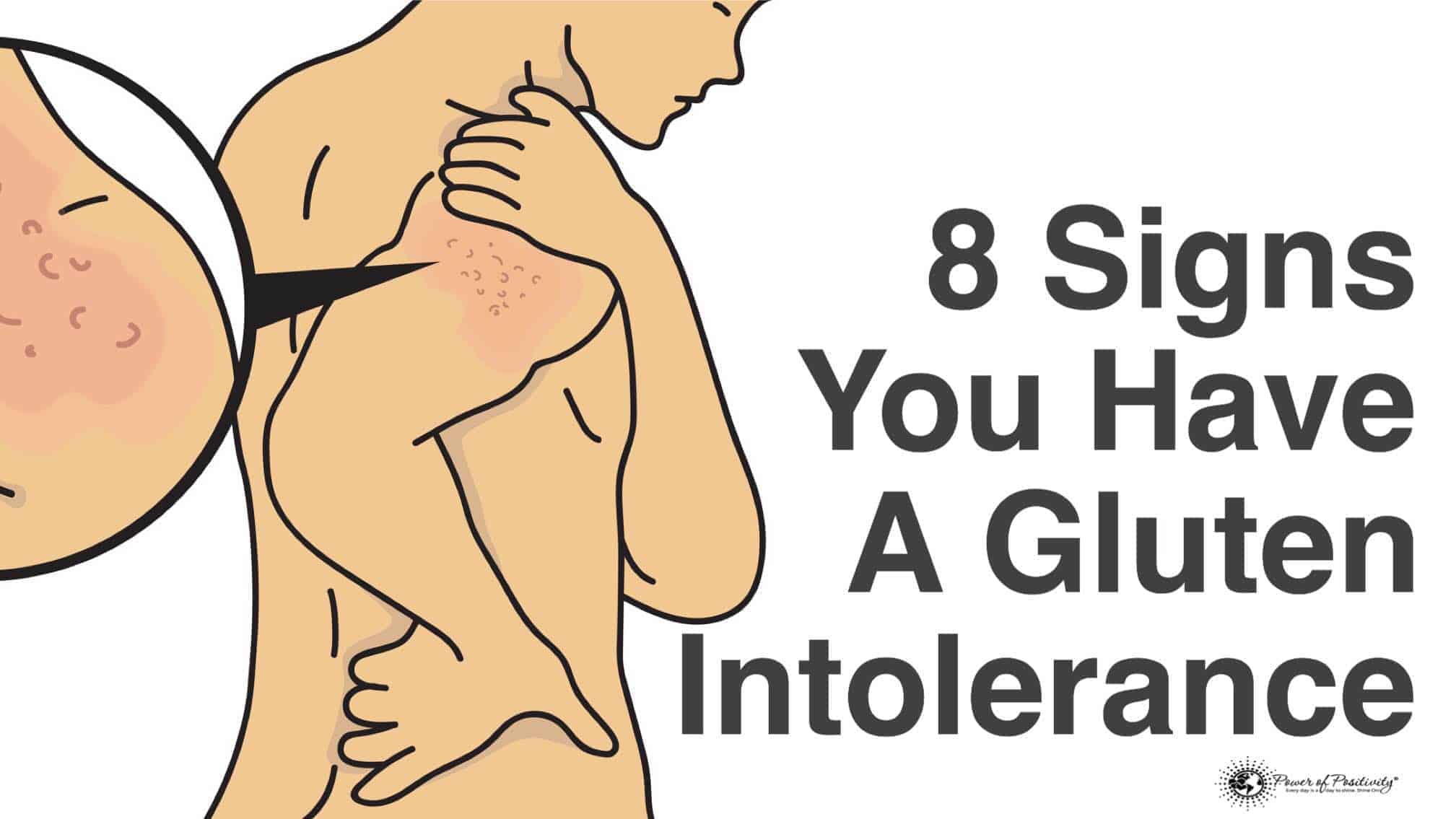When you are ready to boost your libido with minimal effort, try these 5 simple exercises to keep the fire burning in your love life. The libido, or sex drive, is what motivates us to engage in romantic behavior with our intimate partner. Having a low libido means we aren’t in the mood or just don’t have the passionate energy to get frisky.
Here are 5 exercises that can boost your libido:
1. Kundalini breathing
Those who practice yoga may be more familiar with the term kundalini, which refers to the spiral of energy at the base of the spine in the root chakra. The libidinous energy of kundalini can be aroused with deep belly breathing which releases the energy stored in the root chakra and allows it to move up the spine.
Salutogenic means something that promotes our health and well-being, rather than causes illness and disease (pathogenic). Moving the breath into the deep belly region of the lower lungs helps expand the oxygen capacity of our bodies, improving our energy levels for passionate activities.
2. Pelvic and abdominal exercises
Crunches are not fun, but those with abs and buns of steel most likely have the muscular strength and control to have a lengthy passionate session with their loved one. Our abdominal muscles support the reproductive organs, and we can gain control over the contractions experienced during orgasm by working those muscle groups and training them to respond to conditioning.
Kegel exercises, or pelvic floor exercises, are a type of muscle strengthening exercise that work the internal pelvic muscles that you feel when you release and then stop the flow of urine from your bladder. Stopping and starting the flow of urine allows you to gain greater internal muscle control, which could help boost libido power due to increased confidence and control over the muscles used in orgasm.
3. Stretching
If you think that vigorous exercise is best to boost your libido, think again. Three days a week of gentle stretching and deep breathing may be all the exercise it takes to boost your passionate drive. According to researchers, elongating your muscles through gentle stretching, as in yoga, or tai chi, has been found to increase libido and sexual satisfaction in men.
4. Lose your self-consciousness
Researchers found that being embarrassed about sex is often the biggest problem for libido and sex drive. For women particularly, exercises that focus on the present moment sensations of your body can help you boost libido.
The study published in the Journal of Women’s Health Physical Therapy found “The relationship between sex drive and sexual self-consciousness in men and women is negatively influenced by embarrassment. With regard to self-focus, only sex drive in women is positively affected. These findings could have implications for treatment in settings such as pelvic physiotherapy practice where sexual problems are often presented.”
5. Run (less often)
Most men are aware that low testosterone levels may affect the overall energy level and motivational drive of the libido. Having a high level of confidence and assertiveness in social situations can be important for both men and women to find a romantic partner, and testosterone levels are related to both confidence and libido. Researchers studied immunity and testosterone levels in male runners and found that, although runners had a naturally higher immunity, they also had lower levels of testosterone.
The researchers theorize that runners are using up available energy resources, which means they have less libido energy to use for mating-related behaviors. The body responds to the strenuous exercise of running by reducing the level of available testosterone. The advice here is certainly not to avoid running as exercise, but it is important to be aware that your marathon-like endurance can have a potential negative affect on your libido, due to the decrease in your testosterone levels. If low testosterone is a concern for your health, consider reducing your frequency of running exercise.
Libido-boosting exercises are gentle and relaxed, and they could help prevent the romantic relationship blues and blahs by revving things up. Being centered in your breathing and having an increased awareness of your body’s own natural passionate energy, or libido, can improve your romantic experiences.









